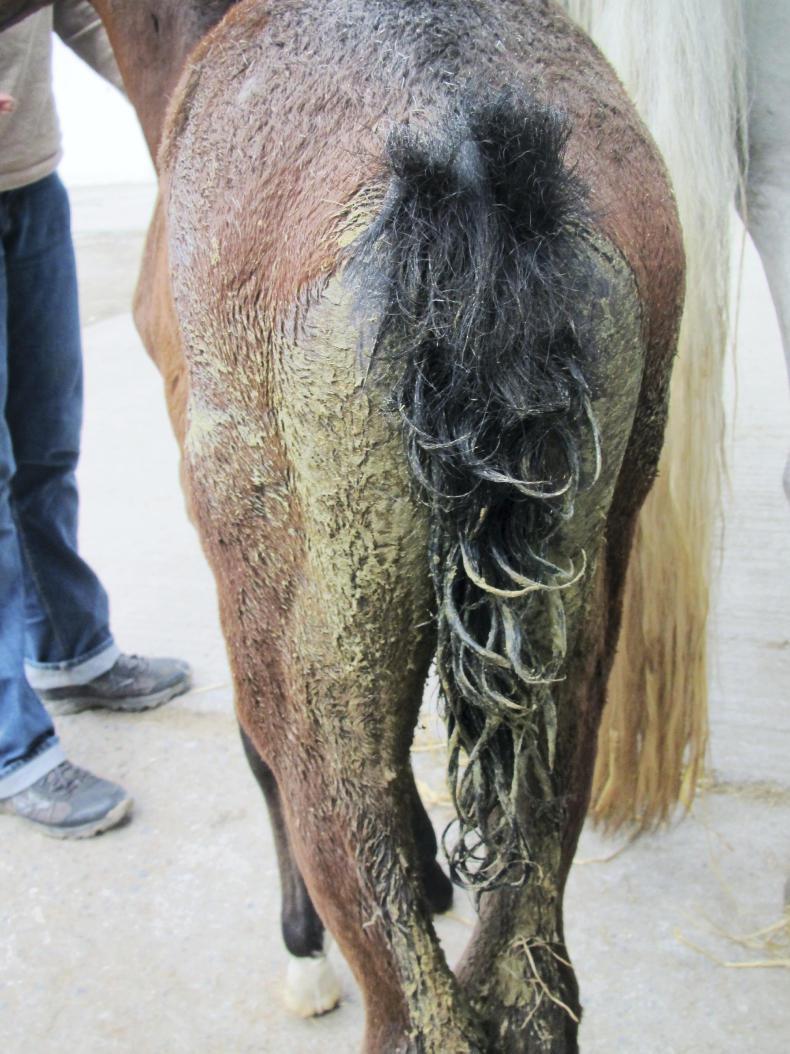AGE is a massive determining factor when looking at the various different causes of foal diarrhoea.
Diarrhoea is most dangerous for a foal aged between one and three days old. It is usually caused by septicaemia or bacteria (E.coli, Salmonella, Clostridia etc.).
Foals that encounter such a problem at an early age require a lot of supportive treatment. It is important to be aware of your foal’s appetite and whether they are on suck.
If your foal is on suck, half the battle is won. One of the most important things to do when caring for a foal suffering from diarrhoea is to ensure fluid levels are sufficient and that the foal does not become dehydrated.
Electrolytes may also be administered in order to keep the foal on an even keel.
If your foal is off suck treatment will be more labour intensive.
Stomach ulcers are a possible side effect to diarrhoea. Stomach ulcers can occur due to the stress caused by the foal suffering from diarrhoea. If you are concerned your foal has developed ulcers, products such as gastro guard are available. If you are unsure, you should always contact your veterinary surgeon before treating suspected stomach ulcers.
Foals suffering from diarrhoea should be isolated from other foals and should be kept in a clean area. Under the foal’s tail and the surrounding area should be washed using cotton wool with warm water and antibacterial wash. A squeeze of hibiscrub in a bucket of lukewarm water creates an ideal washing solution.
Whoever is doing the washing should always wear gloves. Once washing is complete all materials used should be disposed of and/or thoroughly washed in order to prevent further contamination.
Areas effected by diarrhoea can easily become irritated as a result of frequent washing. Apply barrier cream to soothe the area, also apply the cream to the foal’s tail to prevent the diarrhoea sticking to the tail.
The foal should remain in isolation and be closely monitored for a couple of days after the diarrhoea begins to dry up.
If you are concerned about the foals health at any stage contact your veterinary surgeon.
